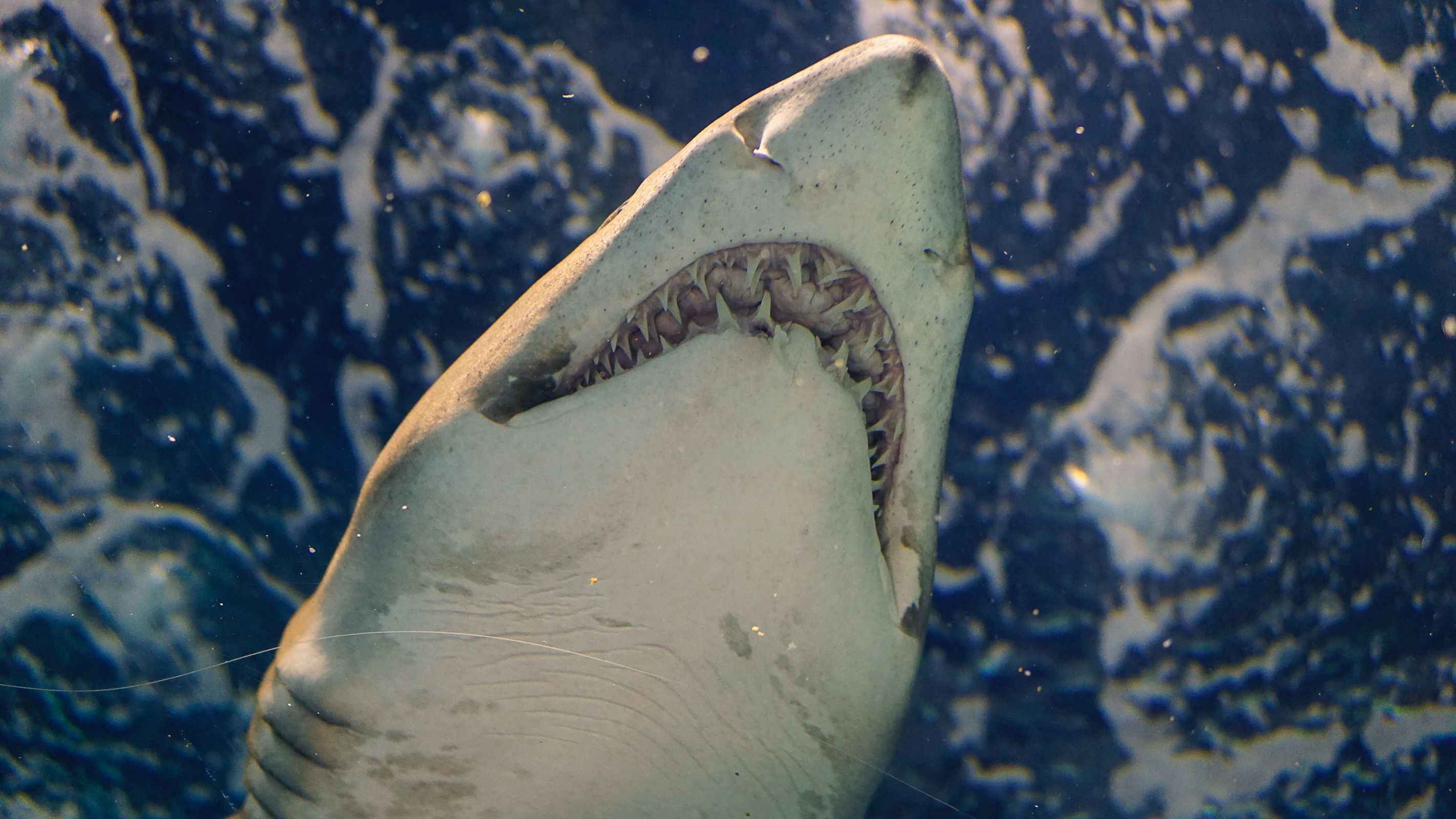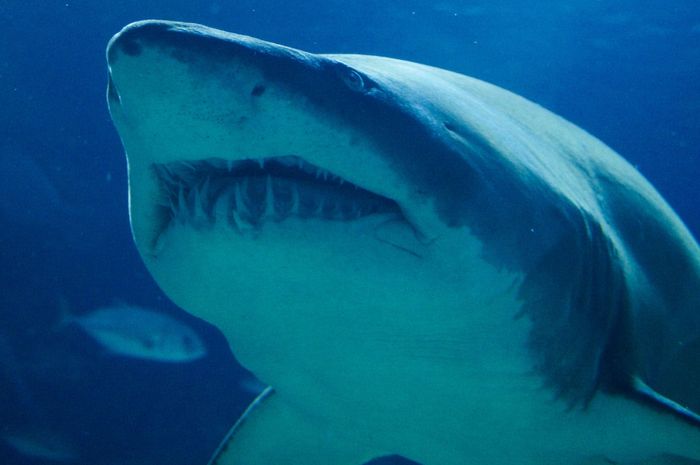Busted Shark Myths
So many things are said about sharks, but we're giving you busted shark myths so you will know things about them that you should never believe again!

Sharks are one of the most distinct and amazing animals in the world, inspiring both awe and fear in those who look upon these ancient creatures. However, despite their reputation for being one of the fiercest predators on the planet, there are many myths surrounding them.
Let’s take a look at some of the most popular and common misconceptions surrounding one of nature’s greatest creations: the shark.

1. Sharks Hunt and Eat People
Forget what you’ve seen in the movies – sharks don’t eat people, much less want to hunt them.

Most incidents involving attacks are actually simple cases of mistaken identity. Usually, due to poor visibility, humans swimming in the ocean can look like seals or dolphins to a shark.
Daniel Bucher, an expert from Southern Cross University, says that sharks detest the taste of human flesh which is why people are just bitten instead of eaten. In reality, victims of shark attacks have suffered a “taste test” and once sharks realize what they have taken a bite of, they will immediately leave and search for better tasting fare.
Out of 57 shark attacks around the world in 2019, only 10 of these resulted in deaths. To put things in perspective, humans kill an average of 100 million sharks each year! The chances of getting attacked by a shark are extremely rare – approximately 1 in 3,748,067. You are more likely to be hit by lightning (1 in 700,000) or winning an Olympic Gold medal (1 in 662,000) than to be attacked by one of these fascinating creatures.
2. All Sharks are Big and Dangerous
Sharks come in all shapes and sizes – not all of them look like the vicious torpedo-shaped predators you see in films. The dwarf lantern shark, for example, is no bigger than your hand and can glow in the dark, while a whale shark is a huge gentle giant that can reach up to 40 feet in length!
Out of more than 500 shark species, only about a dozen are considered a threat such as the great white, tiger, and bull shark. Generally, a shark’s diet consists of fish, invertebrates like squid, or other smaller sharks. They aren't all aggressive hunters either – the nurse shark, for example, passively sucks in its prey like a vacuum.
3. Nothing Hunts Sharks
Not all sharks are the apex predators of the waters they live in. While a great white or a whale shark doesn't have to be concerned about threats, the smaller sharks do have to watch their backs since they can easily be food for larger fish, orcas, crocodiles, and other sharks.

In truth, the only real danger larger sharks face is from humans, such as overfishing them for their fins to be used in restaurants or alternative medicine. Oftentimes, sharks also become part of incidental catch, as they get caught in longlines, trawl nets, or seines. This is concerning because sharks struggle to rebound their population since they take a longer time to mature and don’t have very much young.
4. Sharks Aren’t Smart
Now, this might be one thing the movies may have gotten partly right. Sharks are quite perceptive and just might be one of the smartest animals in the ocean. But when you realize they've been around for over 450 million years, it just makes sense.
Through research over the years, scientists have observed that sharks exhibit intricate social behaviors. Michelle Heupel, a senior research scientist at the Australian Institute of Marine Science, presented research that suggests sharks have spatial awareness. In fact, they are so attuned to their environment, they can recognize where they live even after drastic changes have been made to their habitat. Essentially, no matter where sharks may travel, they can always find their way back home.
Another study conducted by Dr. Kara Yopak, an assistant professor at UNC Wilmington, discovered that sharks often seek companionship from certain individuals, are able to learn behavior through observation, and can even remember solutions to problems for up to a year.
5. You Should Punch a Shark in the Nose if You’re Attacked
If a shark is lunging towards you or has already gotten a hold of you, you shouldn’t punch its nose, even if you are able to do so. Frankly, it would take a lot of strength and force to effectively hit it due to resistance from the water. The best self-defense tactic to escape is to go for its eye - it doesn’t require much force and will cause the shark to instinctively let you go if you’re stuck in the grip of its jaws.
6. All Sharks Must Swim Constantly
Some sharks must swim constantly to survive because water needs to pass over their gills so that they can breathe. However, deep water and sedentary sharks, such as the Greenland shark and nurse shark respectively, don’t require a lot of oxygen and can rest on the seafloor without swimming. Moreover, they have a specially evolved pharynx that pumps water through their gills for them.
What’s even more fascinating is that some sharks can switch between active and passive breathing, depending on how much oxygen their bodies need at any given time. Sharks that can achieve this astounding feat include the Caribbean reef, lemon, tiger, and sand tiger sharks.
7. Sharks Aren’t Important
This is perhaps the biggest myth of all that needs to be debunked! Sharks are extremely important to aquatic ecosystems and help maintain a harmonious balance of life. Often, as the top predators in the food chain, they help keep the populations of other species in check so that the natural resources remain in a state of harmony. Today several shark species are currently endangered and face extinction.
The truth is, sharks are victims of being portrayed as vicious and savage killers in mainstream media as an animal that should be feared. When in fact, we are the bigger threat to aquatic ecosystems due to overfishing and pollution. Let’s not forget that these magnificent creatures have been around longer than we have and they deserve the highest respect.



